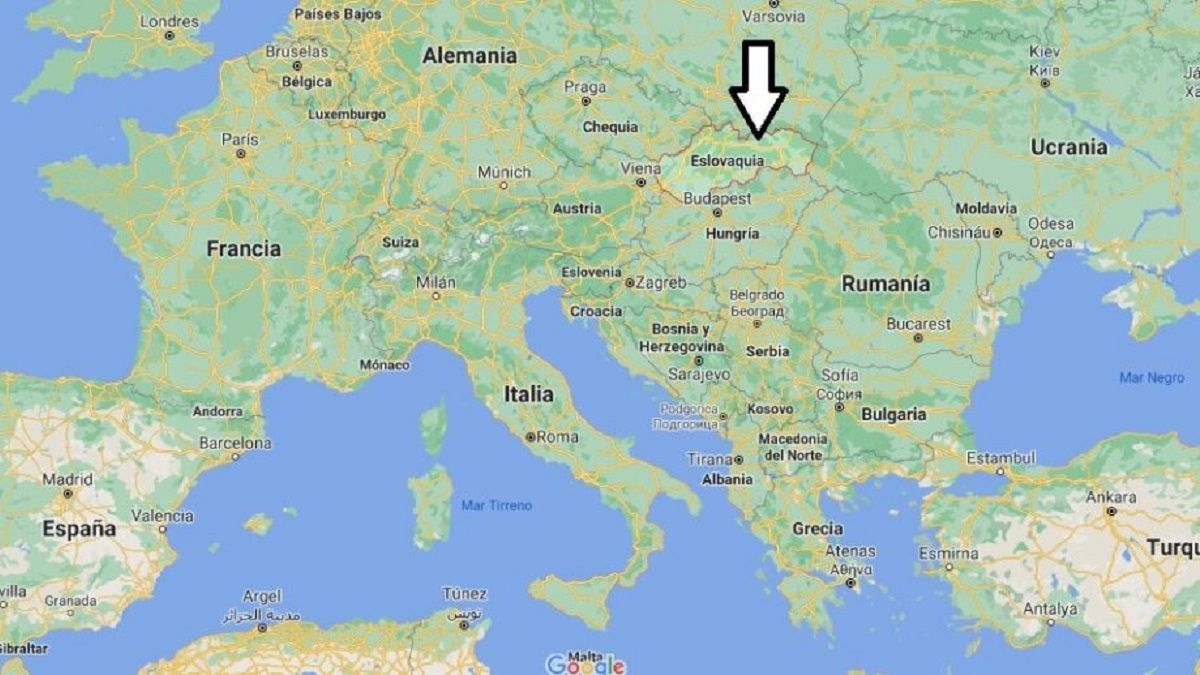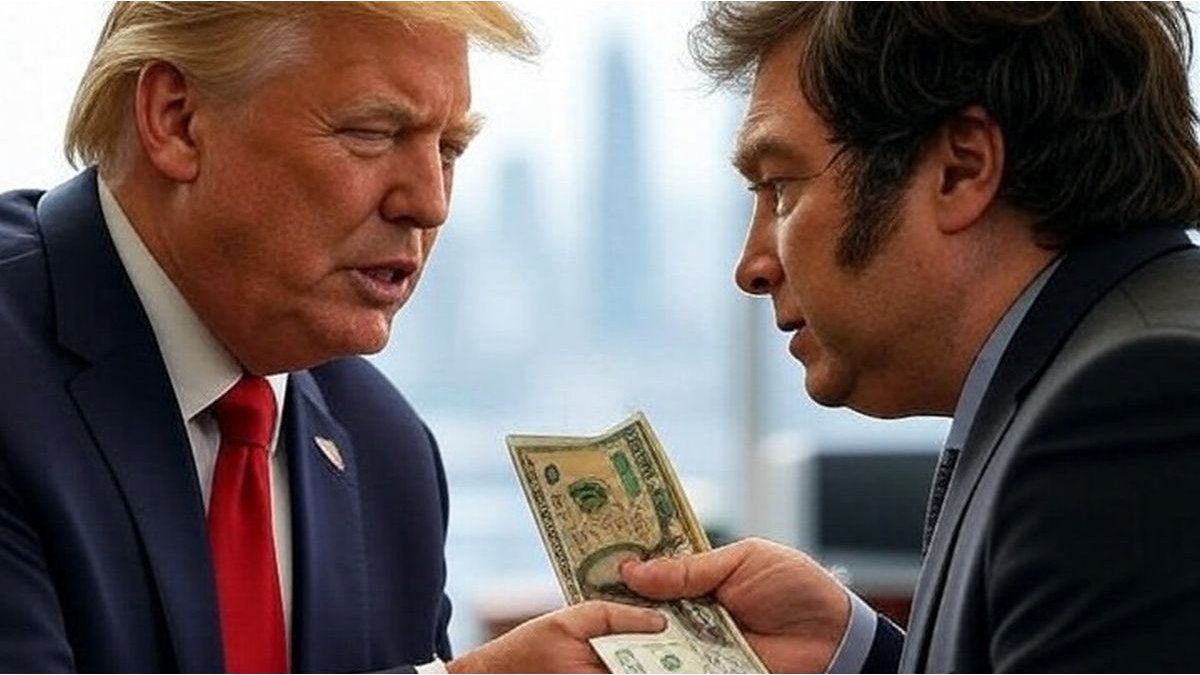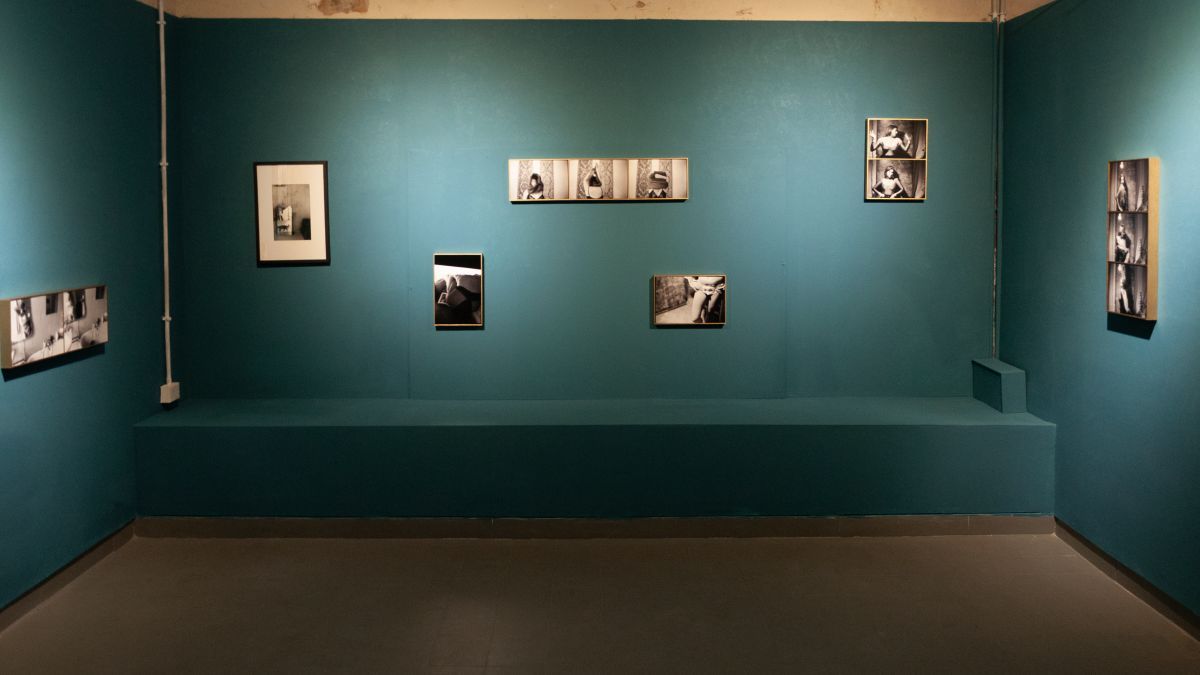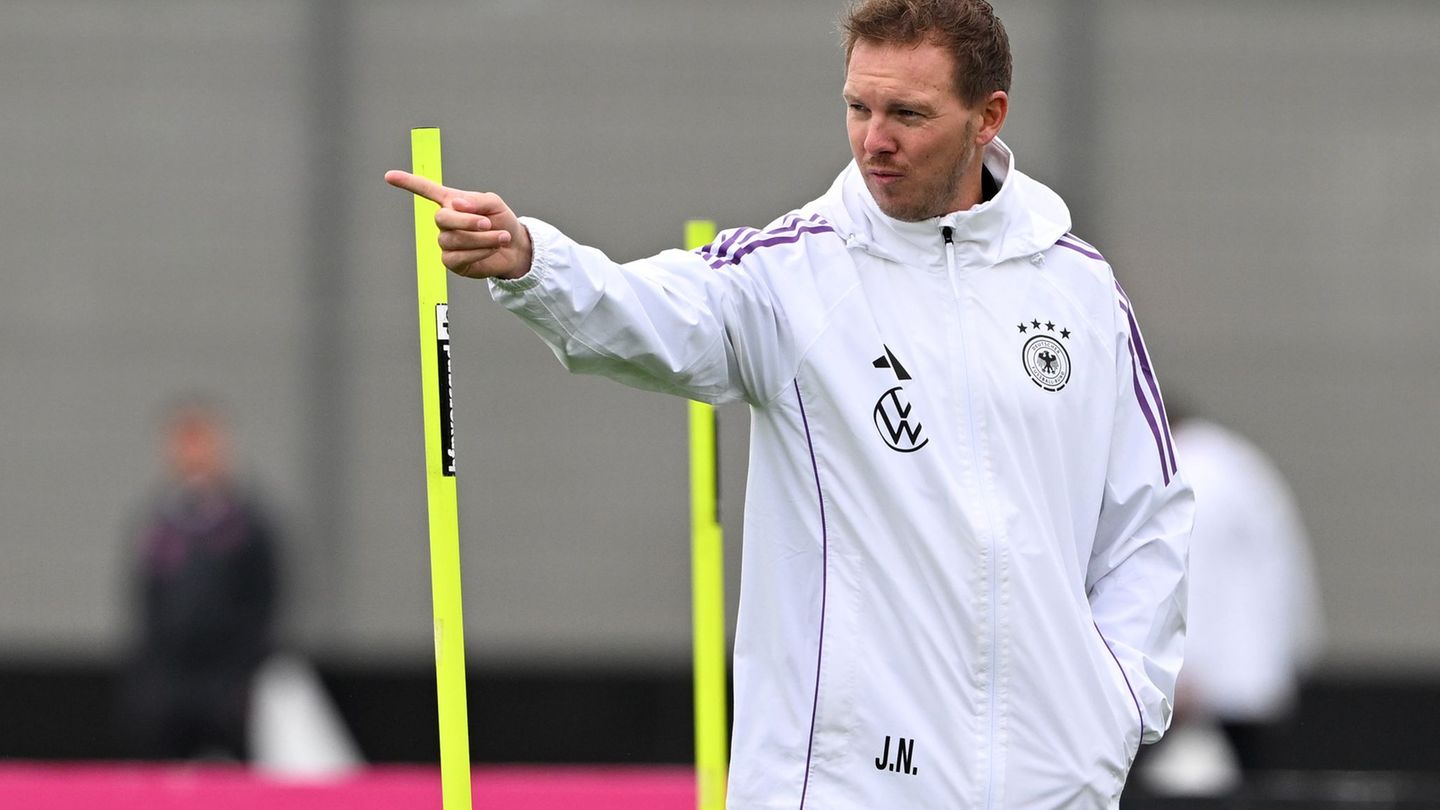In contrast, South Africa is the most unequal country in the world, with 10% of the population holding more than 80% of the wealth, according to the World Bank report.
Among a list of 164 countries, South Africa remains the most unequal country in terms of income in the world, with a Gini coefficient of 67, with 0 being a number that represents perfect equality and 100 absolute inequality.
In contrast, countries such as Slovenia and Slovakia have coefficients of 24.6 and 25, making them the most egalitarian countries in the world with respect to income distribution.
The problem goes beyond South Africa and extends to the entire southern region of the continent: Botswana, Swaziland, Namibia and Lesotho are among the 20 most unequal countries in the world.
According to the report, consumption in these countries is stagnant and is only growing in the richest segments of society.
In the case of South Africa, it was indicated that inequity stems from the legacy of apartheid, where although there has been progress in political rights since then, this has not translated, according to the World Bank, into improvements of the same range in economic justice.
“Race continues to be a key factor in the high inequality in South Africa due to its impact on education and the labor market,” the agency stressed.
According to the World Bank report, income inequality by race is 40%.
Among the sources of inequity in South Africa and Namibia is also the concentration of land for agriculture, dating from colonial times.
Likewise, gender is another factor that drives inequality is the income of women, which is 38% lower than that of men in South Africa
“With this report we know that hereditary factors, over which an individual has little or no control, drive inequality, despite the fact that the countries of the region have some of the most redistributive spending in the world in their budgets, especially in education and health,” Marie Francoise Marie-Nelly, World Bank director for Botswana, Eswatini, Namibia, Lesotho and South Africa, explained in a statement.
Source: Ambito
David William is a talented author who has made a name for himself in the world of writing. He is a professional author who writes on a wide range of topics, from general interest to opinion news. David is currently working as a writer at 24 hours worlds where he brings his unique perspective and in-depth research to his articles, making them both informative and engaging.




